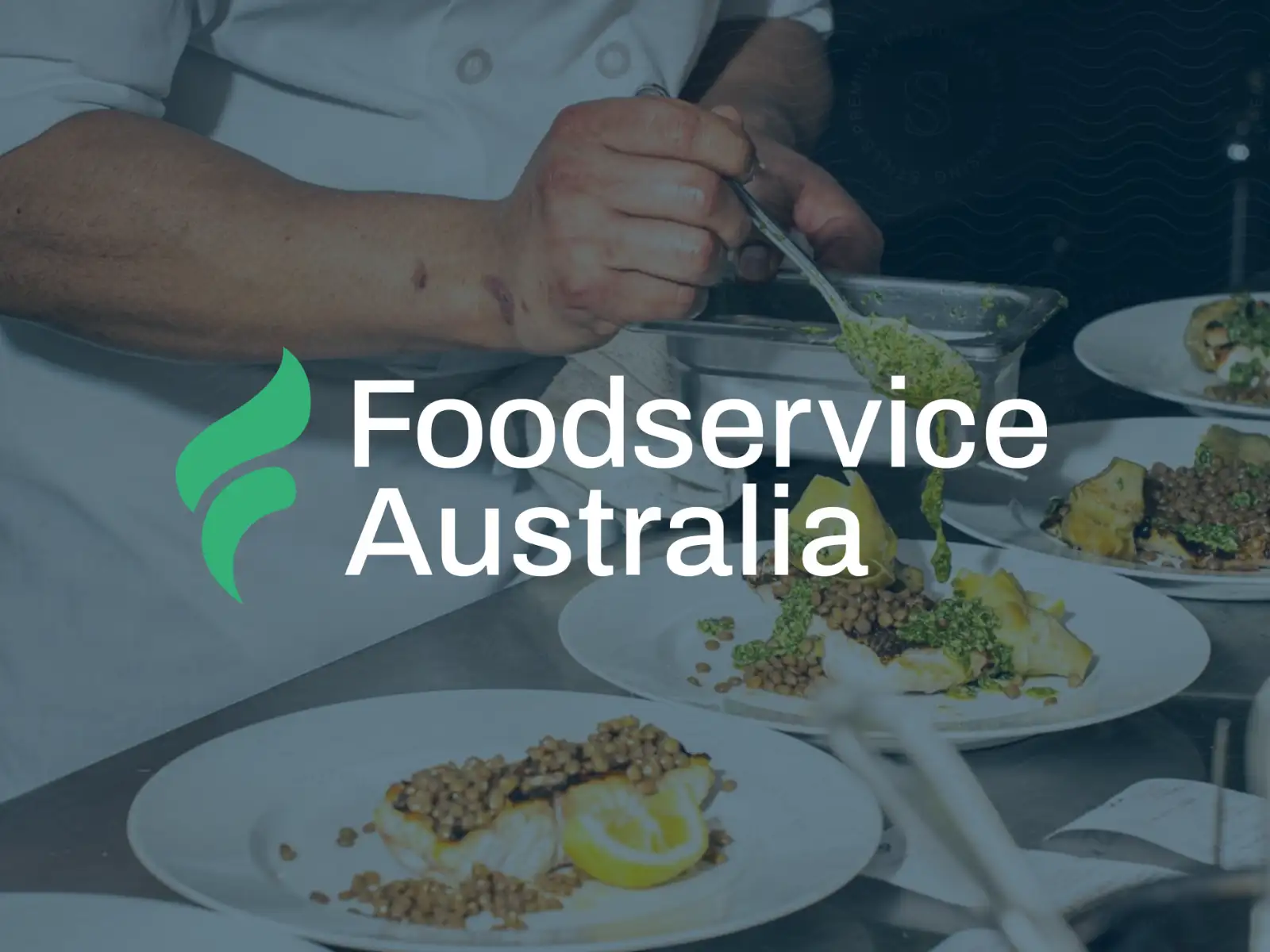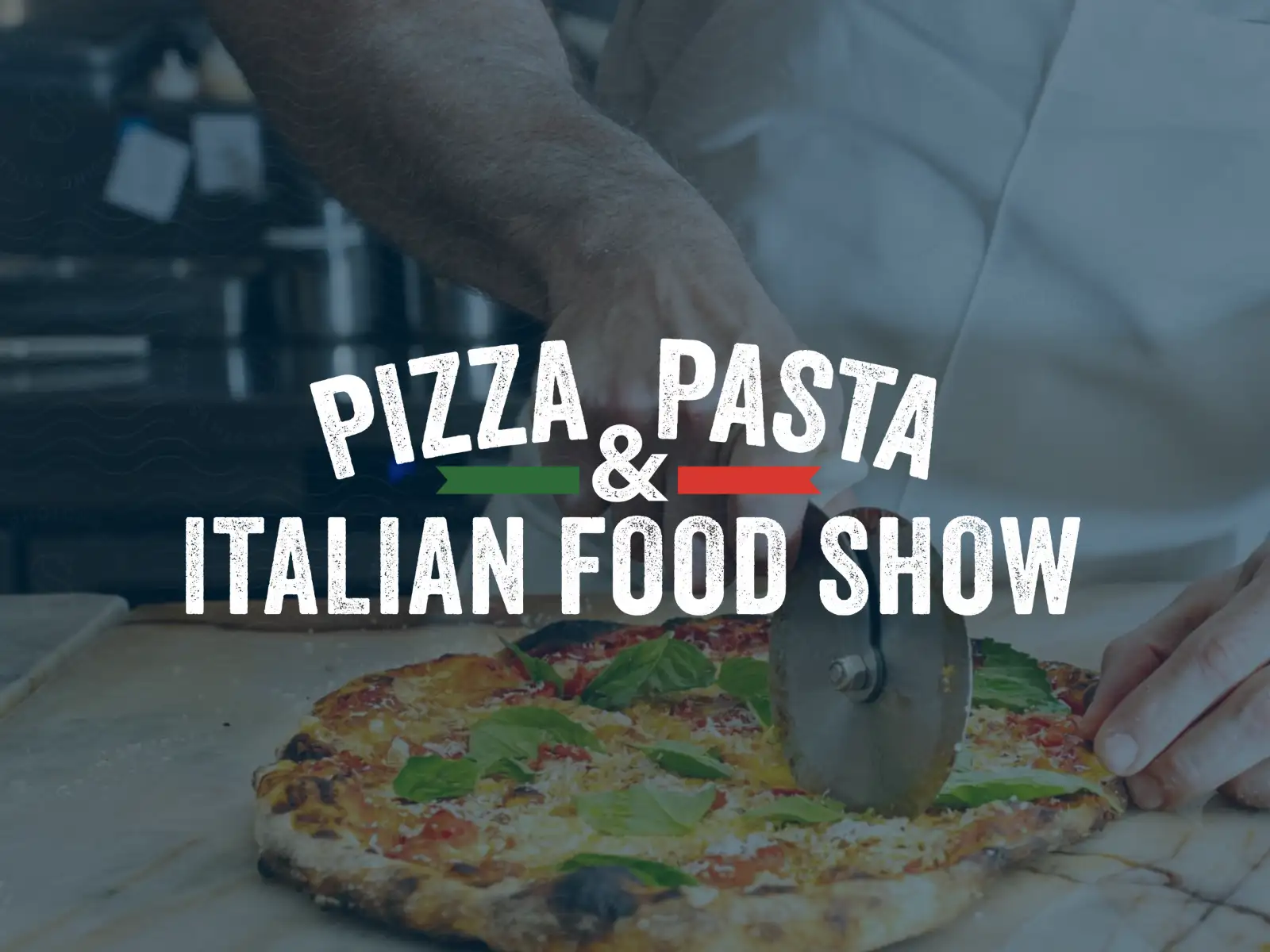Latest News
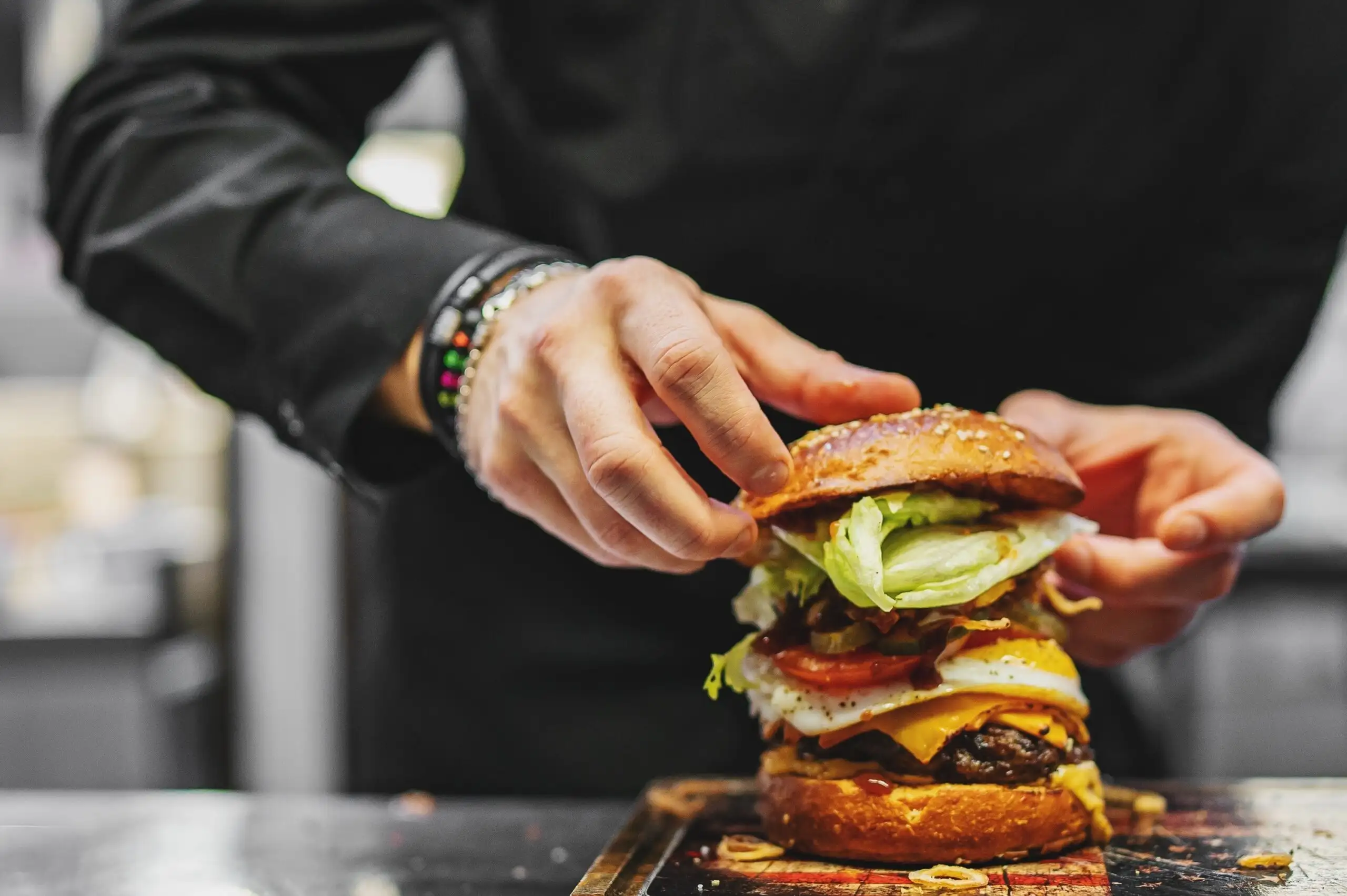
Press Release
National Media acquires portfolio of Australian Foodservice and Hospitality events
National Media, the owner and producer of market-leading trade exhibitions today announced...
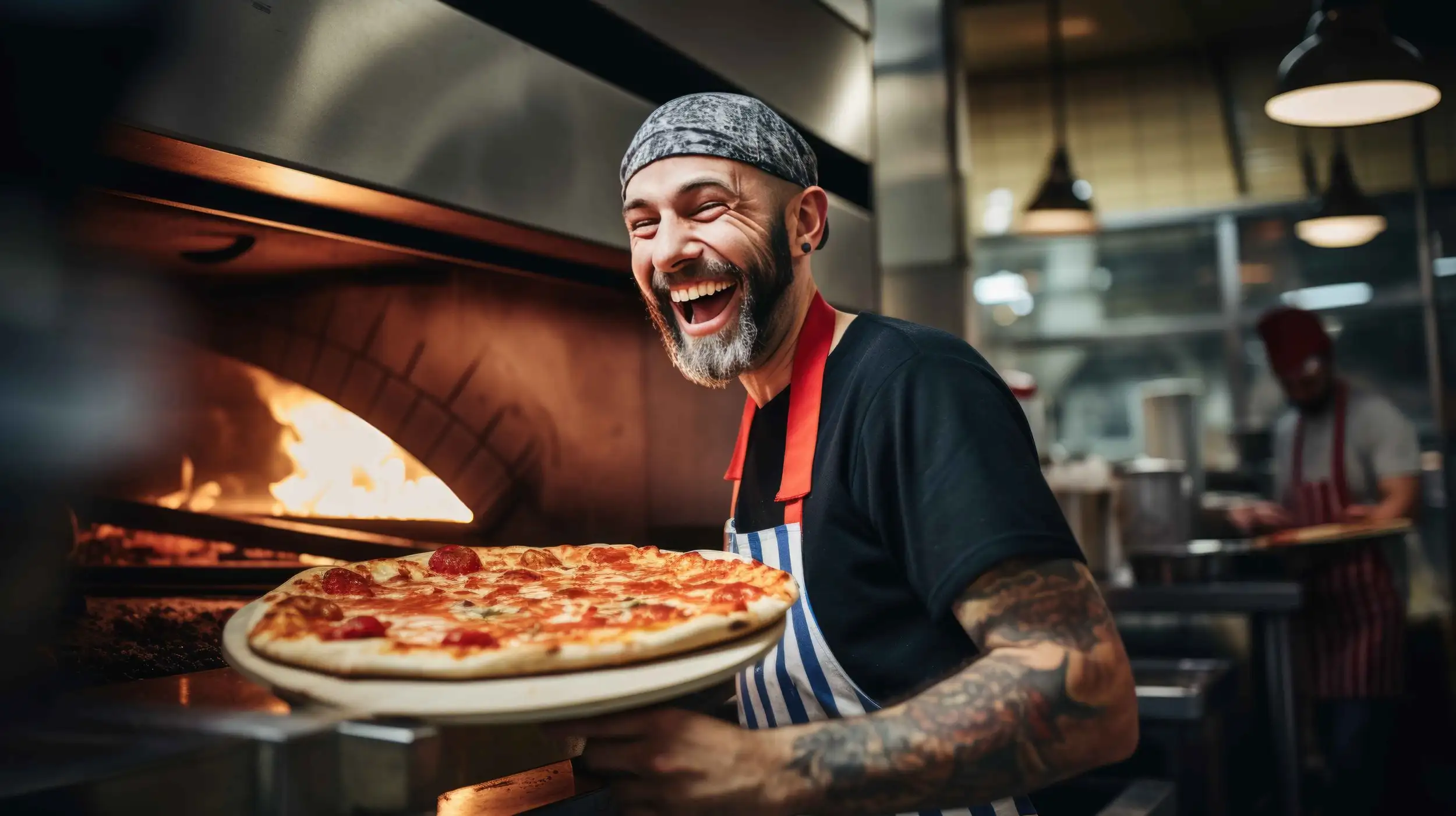
Press Release
Foodservice Australia delivers biggest and best show yet!
The nation’s hospitality industry descended on ICC Sydney at Darling Harbour last week f...
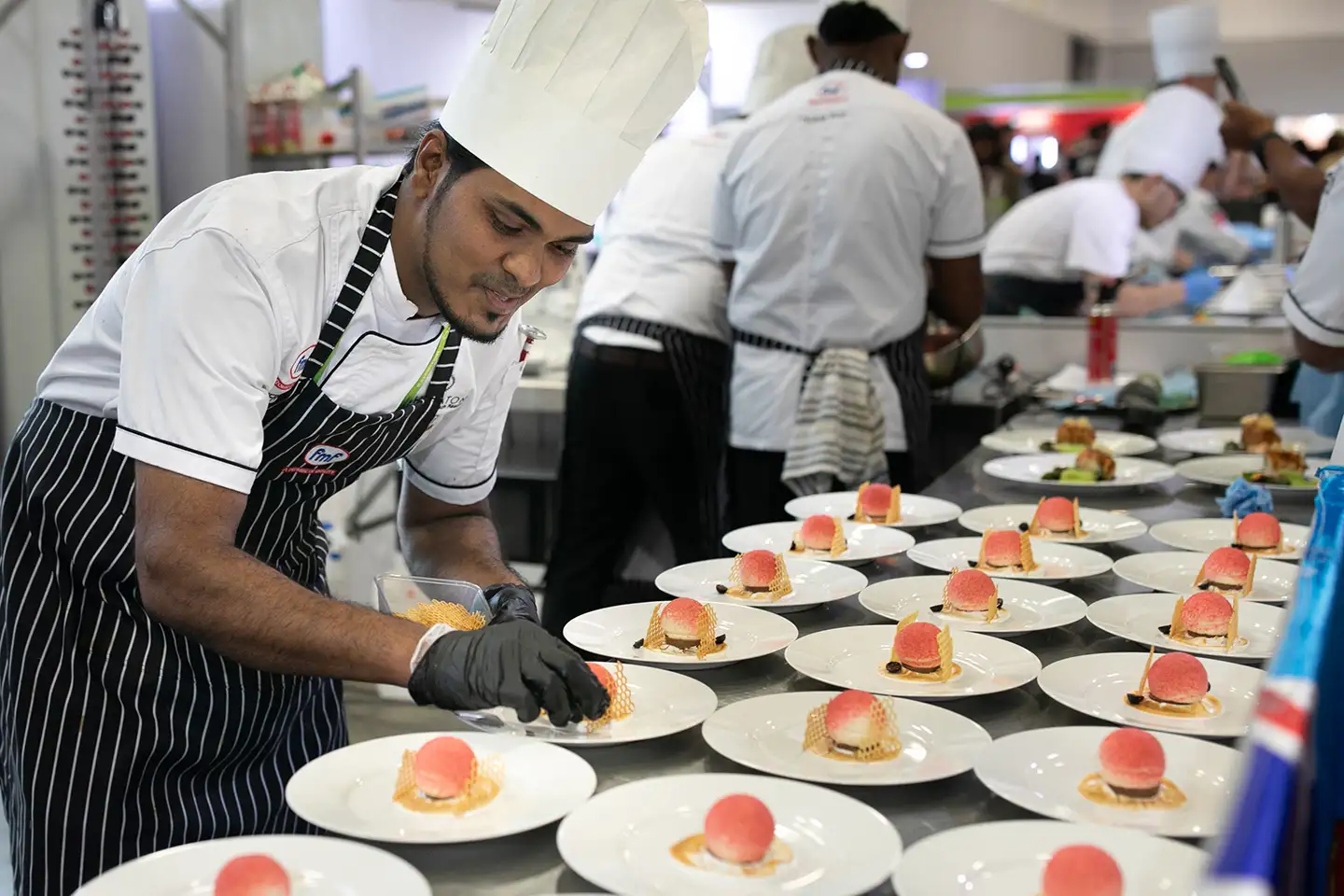
Press Release
Welcoming the World of Hospitality in Melbourne in 2025
Melbourne is gearing up to welcome the world of hospitality from 18th to 20th May 2025 wit...
Results: 1 to 0 of 0
Your Privacy
We use cookies to offer you a better experience and analyse site traffic. By continuing to use this website you consent to the use of cookies in accordance with our {{Privacy Policy}}.

